What does stop vehicle leave engine running? One of the most common questions we get asked here at Rich’s Auto Body is whether or not it is legal to leave your car running while parked. The answer, unfortunately, is a bit complicated. While there are some instances in which you can leave your engine running, there are also a number of instances in which doing so would be against the law.
Did you know that leaving your vehicle running when you’re not in it is bad for the environment? That’s right – engines produce emissions, and when too many vehicles do this, it creates an air pollution issue. In this blog post, Rich’s auto will talk about the reasons you should stop leaving your engine running, and we’ll also share some tips on how to make the switch. Read on to learn more!
What does stop vehicle leave engine running?
There are a few reasons why it’s advisable to stop your vehicle and turn off the engine if you’re going to be idling for more than 30 seconds. For one, it helps to conserve fuel. Leaving your engine running when you’re not moving uses up gas unnecessarily and can add up to a significant amount of wasted fuel over time.
Additionally, it’s better for the environment to turn off your engine when you’re not using it. Vehicle emissions contain a variety of pollutants that can have a negative impact on air quality, so by turning off your engine when you don’t need it, you can help reduce pollution.
Finally, stopping and starting your engine regularly is actually better for the long-term health of your vehicle. Constantly starting and stopping puts extra wear and tear on the engine, which can lead to expensive repairs down the road.
So next time you’re waiting in line or parked in a driveway, remember to turn off your engine to save fuel, reduce emissions, and prolong the life of your vehicle. It takes just a few seconds, but it can make all the difference!
Symptoms of stop vehicle leave engine running
When you’re driving, it’s important to make sure your car is in good condition. One thing to be aware of is the symptoms of stop vehicle leave engine running. If you’re experiencing any of these problems, it’s important to get them checked out so you can stay safe on the road.
Ticking noises coming from the engine
If you’re hearing ticking noises coming from your engine, it’s important to take note of the symptoms and diagnose the problem as soon as possible. This is especially true if the noise is accompanied by a loss of power or decreased fuel efficiency, as these could be signs of a serious engine issue. In some cases, the ticking noise may simply be indicative of a need for an oil change. However, it’s always best to consult with a qualified mechanic to be sure.
Poor acceleration
If you notice that your vehicle is having poor acceleration, it could be a symptom of a larger problem. It could be something as simple as dirty spark plugs or a clogged fuel filter. However, it could also be a sign that your engine is leaving oil behind when it’s turned off. When oil coats the inside of your engine, it can lead to poor acceleration and decreased fuel efficiency.
Smoke coming from the exhaust pipe
If you see smoke coming from the exhaust pipe of a vehicle that has been left running, it is important to take action immediately. This smoke is a symptom of a potential issue with the engine, and if the problem is not addressed, it could lead to a fire. If you see this smoke, turn off the engine and call a tow truck or mechanic. Do not leave the vehicle unattended until the problem has been resolved.
Unusual smells
Unusual smells coming from your vehicle could be a symptom of a number of issues. One possibility is that you have left the engine running while parked. This can cause the engine to overheat and produce strange smells. Additionally, if you have recently changed your oil, you may smell burning oil due to the fact that the oil is still breaking in.
Finally, if you notice a sweet smell, it could be an indication that your coolant level is low. In any case, if you notice unusual smells coming from your car, it is best to consult with a certified mechanic to diagnose the issue.
You should find more useful knowledge about “Car Jerks When Accelerating“
Ultimately, leaving your engine running when you don’t need to is bad for both your car and the environment. Make sure to turn off your engine when you don’t need it, and keep an eye out for any of the symptoms mentioned above. If you notice any issues, be sure to take your car in for a check-up as soon as possible. By staying on top of maintenance and being mindful of how often you leave your engine running, you can help your car stay in great condition for years to come.
Common Causes of stop vehicle leaving engine running
Most drivers are aware of the dangers of leaving their car engine running while it’s not in motion, but many people don’t know the common causes of this problem. Below, we’ll discuss some of the most common reasons why drivers leave their cars running.
Cold Weather
Cold weather is one of the most common reasons why people leave their engines running while parked. Most engines are designed to operate at their peak efficiency when they are warmed up, and in cold weather, it can take several minutes for an engine to reach its ideal operating temperature.
As a result, many people will choose to leave their engines running while they are parked in order to keep the engine warm. Additionally, cold weather can also cause battery problems. When the temperature drops, the chemicals inside the battery slow down, which can make it difficult to start the engine.
Comfort
Comfort is one of the most common reasons people choose to leave their vehicle engines running while parked. Whether it’s to keep the cabin warm in winter or cool in summer, many people feel that idling is more comfortable than starting and stopping the engine multiple times throughout the day.
However, this practice can have negative consequences for both the environment and your wallet. In addition to emitting harmful pollutants, idling wastes gasoline and puts unnecessary wear on your engine.
Convenience
One of the most common reasons drivers leave their engines running is for convenience. For example, if a driver is making a quick stop to pick up something from the store, they may not want to take the time to turn off their engine and then restart it when they are ready to leave.
In some cases, drivers may also be concerned that their car will not start again if they turn it off. However, this is generally not a problem with modern cars, and the fuel and emissions savings of turning the engine off can outweigh any potential inconvenience.
Ignorance
One of the most common causes of vehicle idling is ignorance. Many drivers are simply unaware of the harmful effects that idling can have on both the environment and their own health. Idling also wastes fuel, money, and time. In some cases, it can even lead to engine damage. The best way to combat this problem is through education. Drivers need to be made aware of the negative impacts of idling and the benefits of turning off their engines when they’re not driving.
Parasitic Drains
One of the most common causes of parasitic drains is stopping the vehicle and leaving the engine running. When you leave your car parked and the engine running, the battery is constantly being drained by the alternator. over time, this can cause extensive damage to the battery and eventually lead to a dead battery. In addition, parasitic drains can also be caused by electrical problems, such as faulty connections or short circuits.
Bad Voltage Regulator
Many people are not aware that a bad voltage regulator is one of the most common causes of a vehicle stalling or shutting off while the engine is still running. The voltage regulator is responsible for regulating the amount of electricity that flows to the engine, and when it malfunctions, it can cause the engine to receive too little or too much power. As a result, the engine may stall or shut down completely. In some cases, a bad voltage regulator can also cause the engine to run rough or misfire.
Battery No Longer Holds a Charge
If your car’s battery no longer holds a charge, it could be due to a number of different reasons. One possibility is that the battery itself is simply old and needs to be replaced. Another possibility is that there is a problem with the alternator, which is responsible for charging the battery.
Read more about blowing a Short Block Vs. Long Block at: https://www.richsautobodyshop.com/blog/long-block-vs-short-block/
Alternator problems are often caused by a loose or damaged belt. If the alternator isn’t working properly, the battery will eventually lose its charge. Finally, if you leave your car’s engine running for an extended period of time, it can also cause the battery to lose its charge.
Leaving Lights on for Too Long
Leaving the lights on in a stopped vehicle is a common cause of battery drain. The engine needs to be running to recharge the battery, so when the engine is off and the lights are on, the battery will eventually run out of power. This can leave you stranded and could even cause an accident if you’re in a busy area. To avoid this, make sure to turn off your lights when you’re not using them.
It’s important to note that all of these causes are preventable with a bit of knowledge and effort on the driver’s part. By understanding why leaving a vehicle running is harmful, drivers can make sure to turn their engines off when not in use. Additionally, cold weather can be accounted for by properly preparing the car beforehand and making sure that it is in good condition before driving in cold temperatures. Ultimately, taking the time to educate yourself on the dangers of leaving a car running can save you from potentially costly repairs down the road.
Solutions to the Issue of Stop Vehicle, Leave Engine Running
From years under the hood, I’ve learned that the “stop vehicle leave engine running” alert is more than just a warning—it’s a cry for attention. From my experience, it hints at battery or alternator issues, and emotions of urgency coursing through every vehicle owner.
Firstly, charge the battery with a 12-volt trickle charger. This straightforward step can often breathe life back into a drained battery. No need to keep the engine running. If the issue persists, it’s a telltale sign: your battery might be dying or the alternator is faltering in its duty to recharge.
A seasoned tip? Check the spark plugs. Carbon buildup there can reveal underlying issues. Pulling the code can further pinpoint problems like misfires.
Here’s a brief guide:
- Connect a charger directly to the battery’s jump-starting posts.
- If uncertain, disconnect the battery and charge it externally.
Facing the “stop vehicle leave engine running” message is daunting, but with knowledge and action, solutions are within reach.
Can you drive with stop vehicle leave engine running?
In most states, it is legal to drive with your vehicle’s engine running. However, there are some exceptions to this rule. For example, in California, it is illegal to leave your car running for more than five minutes if you are not actively supervising it. This law is designed to prevent car thefts, as thieves often target cars that have been left unattended with the engine running.
Additionally, some cities have laws prohibiting drivers from idling their engines for extended periods of time. These laws are typically intended to reduce air pollution from vehicle exhaust. As a result, it is important to check your local laws before leaving your car unattended with the engine running.
Responding to Dashboard Alerts
In all my years of driving, the dashboard has always been my silent confidant, a messenger relaying my vehicle’s deepest secrets. Among its myriad of messages, there are two that have always managed to quicken my heartbeat: “Stop Vehicle Leave Engine Running” and “Stop Vehicle Leave Engine Running Wait for Transmission Cooling.”
What to Do If “Stop Vehicle Leave Engine Running” Appears on the Dashboard?
The first time I saw this, a pang of anxiety surged through me. The vehicle wasn’t just alerting me—it was pleading. It whispered tales of battery and alternator troubles.
Steps to Respond:
- Find a Safe Spot: My heart is racing, I remember pulling over, ensuring safety first.
- Keep the Engine Running: Every instinct might scream to shut it off, but resist. Keep it alive.
- Inspect the Battery: My hands, guided by experience, would check for any signs of corrosion or loose connections.
- Seek Professional Help: Uncertainty can be a heavy burden. Share it with a mechanic.
| Steps | Action |
|---|---|
| 1 | Find a safe spot |
| 2 | Keep the engine running |
| 3 | Inspect the battery |
| 4 | Consult a mechanic |
Stop Vehicle Leave Engine Running Wait for Transmission Cooling
This alert brought memories of sun-scorched roads and the scent of overheating machinery. It spoke of an overburdened transmission begging for respite.
Actions to Heed:
- Stop & Wait: I’d let the engine murmur on, waiting patiently for the transmission to cool.
- Check Transmission Fluid: Ensuring it’s neither running low nor bearing the tell-tale burnt scent.
- Avoid Heavy Loads: Just as one would remove a heavy backpack after a long hike, consider alleviating your vehicle’s burden.
- Consult a Mechanic: There are times when you need to trust another’s expertise. This is one of those moments.
Every flicker on the dashboard carries with it a weight of emotion and responsibility. My vehicle has been more than just a machine; it’s a companion. And as with any companion, its well-being is paramount. Remember, whenever in doubt, lean on experience and professional advice.
FAQs about Stop Vehicle Leave Engine Running
Why should I never stop my vehicle and leave the engine running?
From my expertise, I feel that it’s crucial to note that every 10 minutes your engine is off, you prevent the release of one pound of carbon dioxide—a major player in global warming. An EDF report disclosed a jaw-dropping fact: New York City sees the emission of 130,000 tons of carbon dioxide annually from idling vehicles. Habitually allowing short idling durations can adversely affect your engine over time, a truth I’ve seen many ignore, only to regret.
What are the dangers of leaving my vehicle unattended with the engine running?
The heartache of loss becomes vivid when considering the risks. Be especially cautious in states like Ohio and West Virginia due to strict laws. Leaving your vehicle unattended, keys inside, and the engine humming poses an open invitation to thieves. I can’t stress enough the countless tales I’ve heard where people wished they’d just taken that extra moment to turn off their engine and secure their vehicle.
What should I do if I see a vehicle stopped with the engine running?
Through my experiences, I’ve learned the importance of personal safety in such scenarios. Always stay in your vehicle unless you’re explicitly asked to exit by an authority figure. If it’s the darker hours, it’s wise to turn on your interior lights for increased visibility, a simple act that can make a profound difference in understanding the situation.
Is it legal to leave my engine running in a parking lot?
The legal maze surrounding this can be tricky. In numerous states, no person in charge of a motor vehicle should leave it unattended without first halting the engine and locking the ignition. It’s a stark reminder that many states view idling as an automatic misdemeanor, irrespective of the duration. From tales I’ve heard, neglecting this advice often leads to unforeseen complications, especially when insurance refuses coverage for a stolen vehicle left running.
Conclusion for Stop Vehicle Leave Engine Running
Stop Vehicle Leave Engine Running is more than just a dashboard alert; it’s a call to action for every driver to be more mindful and informed. From my personal journey and expertise, I feel a deep connection to the countless vehicles I’ve encountered, and the importance of understanding their signals. Each message from our cars is an intimate dialogue, a whisper of their current state, urging us to act responsibly.
Your understanding and responsiveness to these alerts can greatly influence the longevity and safety of your vehicle. So, if this piece has lit a spark of curiosity in you or reinforced your automotive knowledge, please pass on the torch of enlightenment. Share this article with fellow drivers, car enthusiasts, and even the next-door neighbor who’s just started driving. Your voice matters to us immensely.
Don’t just scroll away; drop your thoughts, feelings, and experiences in the comment section below. Remember, every star you give and every comment you pen contributes to our collective journey of learning and growth. Here’s to many more miles together on this road of automotive wisdom. Safe travels, dear reader, and until next time, keep those engines purring!
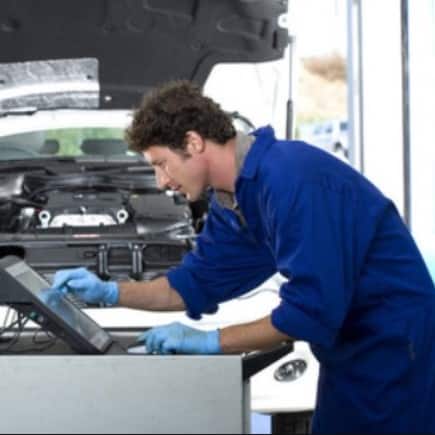
William Moore is an automotive specialist with two decades of experience, ready to give your car the care it needs. He understands all facets of auto maintenance and repair, from oil changes to brake jobs. Working with the latest tools and technologies, he provides complete service on all makes and models of cars. With his attention to detail and commitment to quality workmanship, you can expect excellent results.
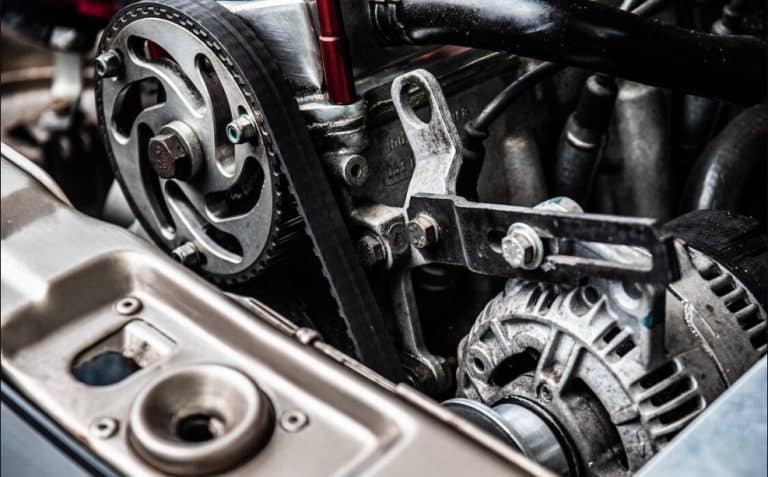
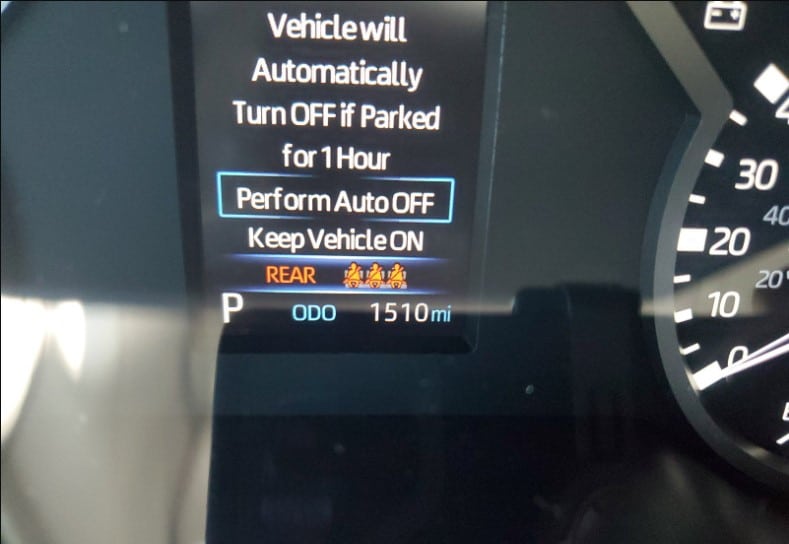
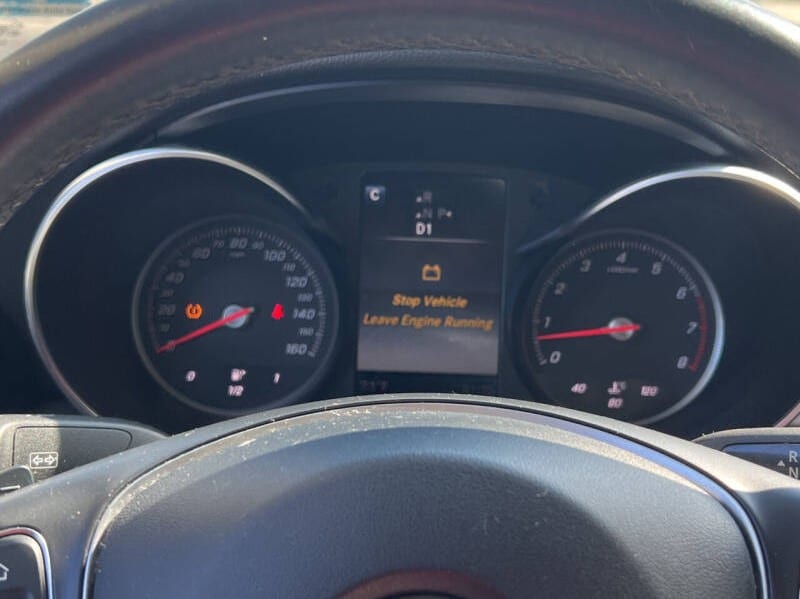
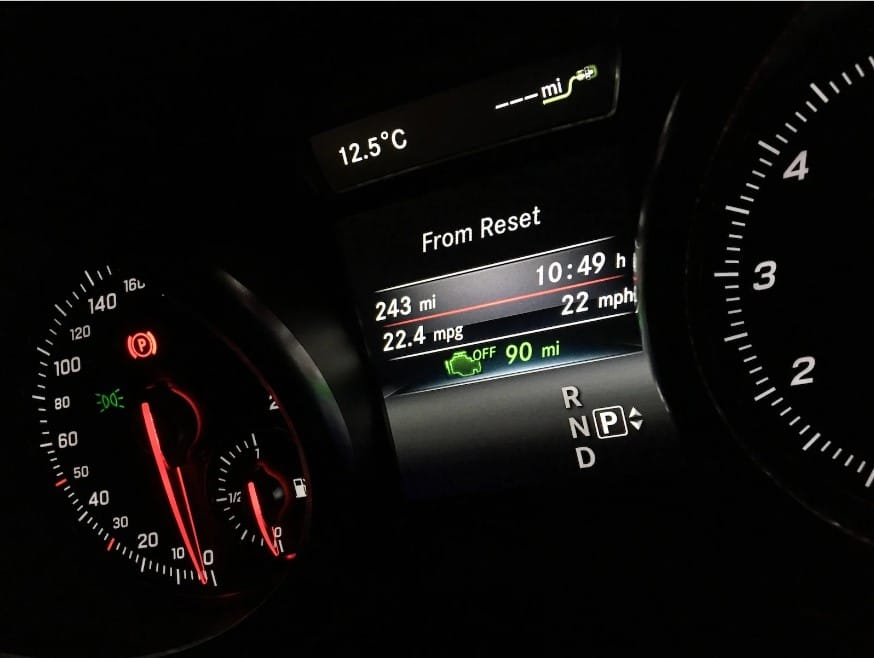
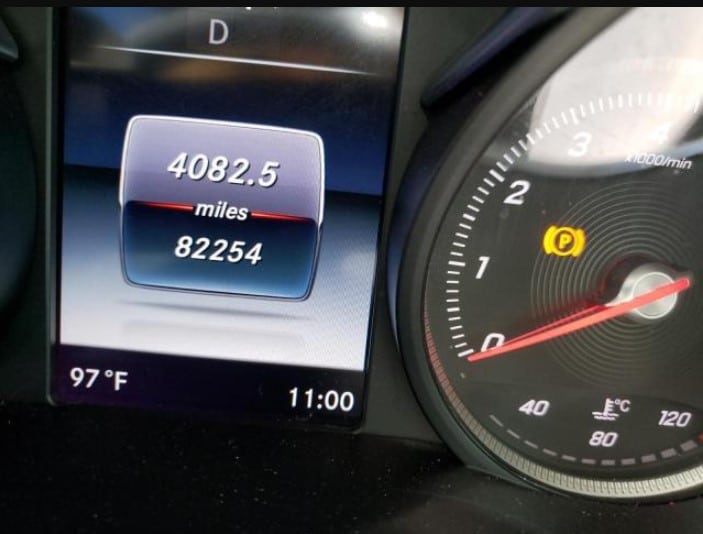
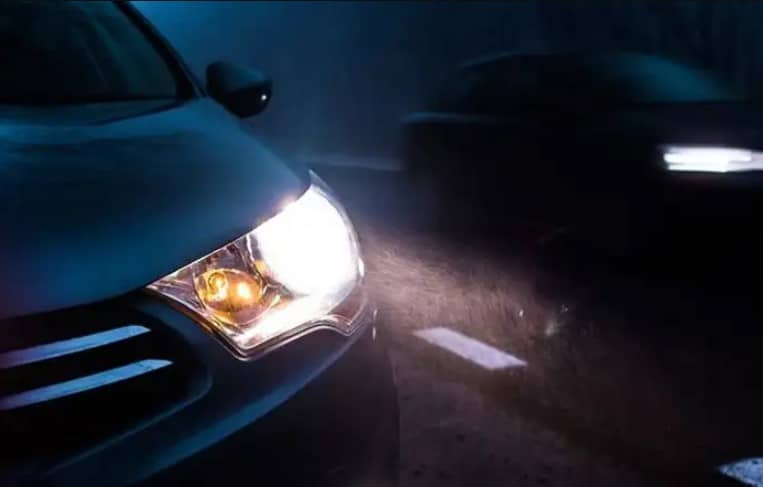
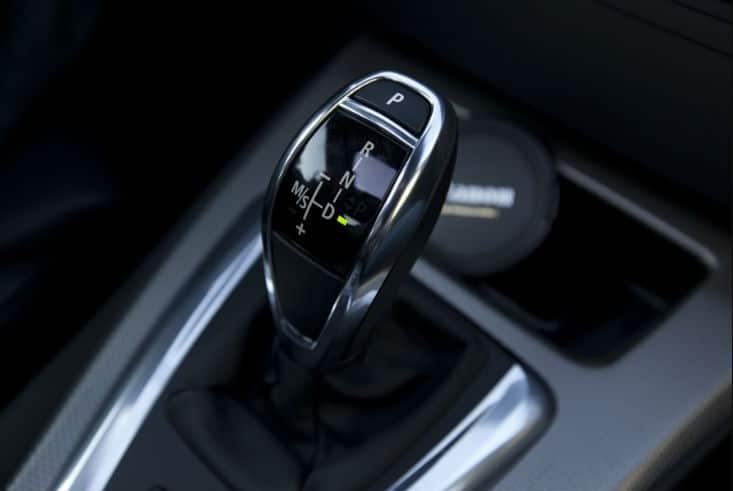
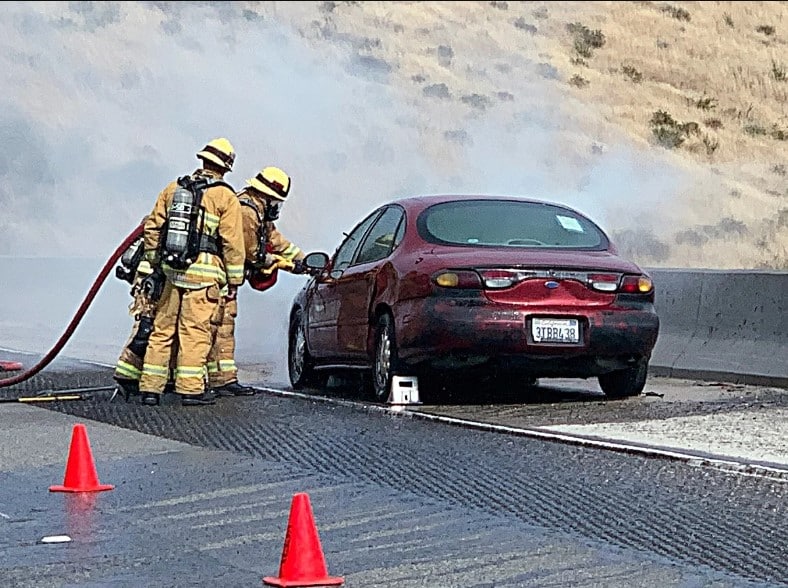
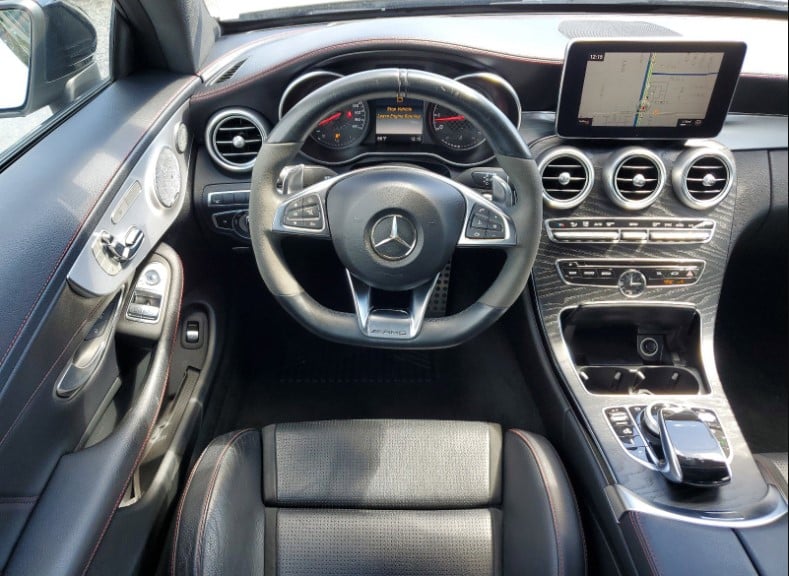
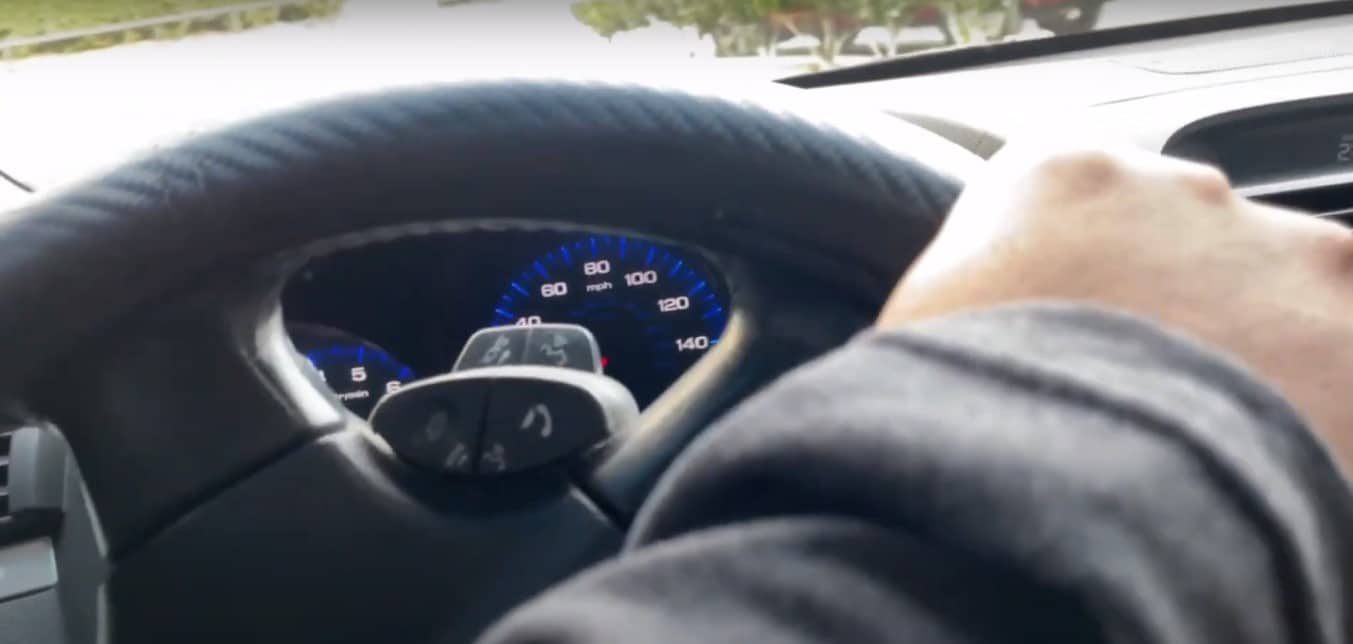

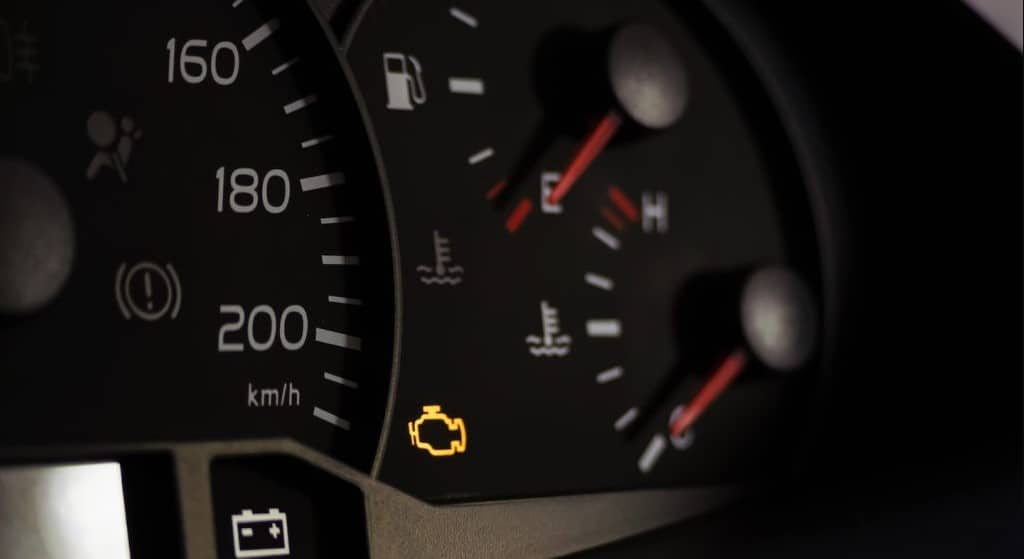
Ignorance is definitely a problem. We need more education on the negative impacts of idling.
I couldn’t agree more. Ignorance can lead to many problems, and education is the key. Awareness about the consequences of idling can go a long way in promoting responsible behavior.
Smoke coming from the exhaust pipe is definitely a warning sign. I’ll remember to take action immediately if I see it.
You’re spot on! Smoke from the exhaust pipe is often a red flag. Remembering to act swiftly can save you from potential bigger issues down the line. Always trust your instincts.
Poor acceleration could mean there’s something wrong with the engine. I’ll keep an eye out for that.
Absolutely, poor acceleration is often a telltale sign of engine troubles. From my own experience with cars, it’s always best to address these issues early on. I’m glad you’re being vigilant about it.